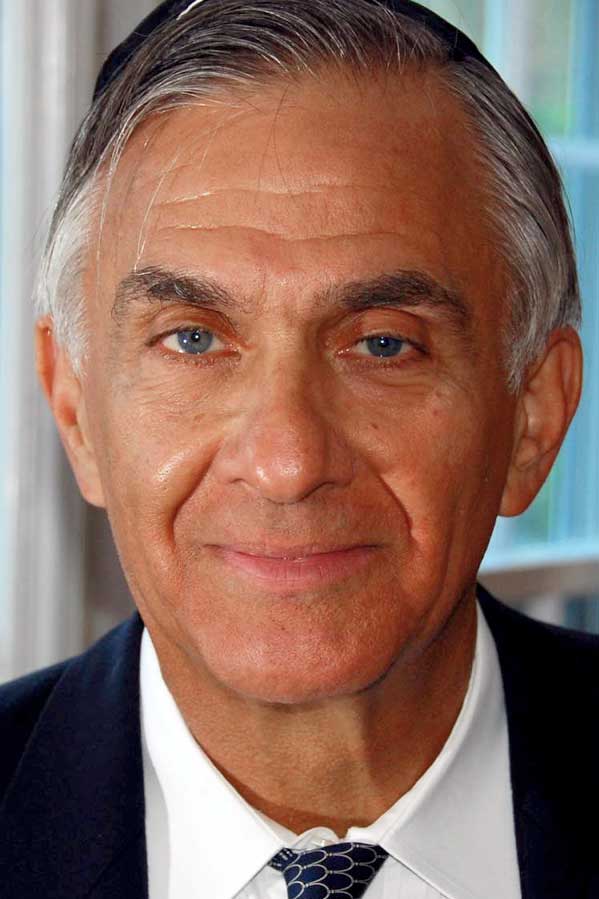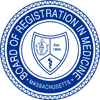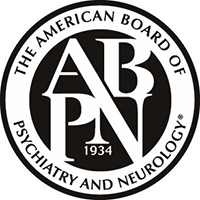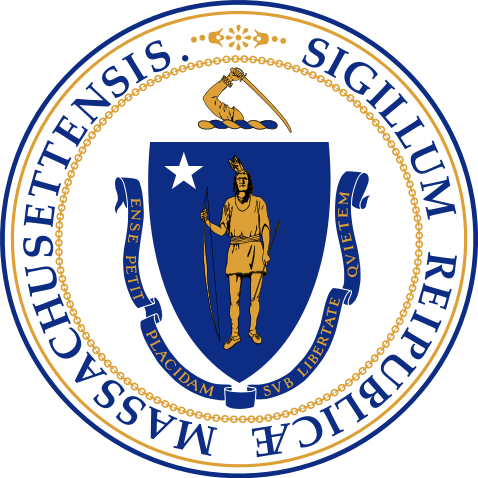Dr. Hochberg has been provided NIH/NCI funding continuously since 1975. His funded projects have included studies of viral white matter relationships (with Dr. Arnason), isolation of soluble antigens of glioblastoma (Dr. Schur), identification of risk factors for glioblastoma (Dr. Phil Cole), Phase I–II drug studies (as part of the Brain Tumor Study Group, then Brain Tumor Collaborative Group, then New Approaches to Brain Tumor Therapy UO-1 Consortium) as well as, for 14 years, serving as Principal Investigator (PI) of the Program Project “Gene Therapy for Brain Tumors” (PO-1 CA 69246).
This funding places Dr. Hochberg in the top 5% of continuously funded neurologists, according to data from investigators at Columbia University.
- 1975, PI
NIH F22NS00167401X2
App. $40,000
Viral and Immune Relationships in Demyelinating Disease
To develop a model of relapsing demyelination based upon herpes viral latency. - 1976–1978, PI
NIH 1R01CA01933601
App. $60,000 total
Isolation of Astroctoma-Specific Antigens
To isolate soluble antigens from resected tissue and produce specific antibodies to glioblastoma in tolerant animals. - 1978–1981, PI
NIH 1R01CA02253301
App. $100,000 total
Epidemiology of Brain Tumors
A study of risk factors for glioblastoma using patients and 2:1 age-matched controls. - 1994–2002, PI
NCI 5UO1CA7924703
$99,771/year
New Approaches to Brain Tumors: A Consortium
To translate novel therapeutic agents to the care of patients with glioblastoma using phase 1 and phase 2 clinical trials. - 1994–2005, Co-PI
NIH/NCI 2 U01 CA62406-08
New Approaches to Brain Tumor Therapy (NABTT)
I have been PI and then Co-PI of the NABTT-NCI consortium to provide Phase I and II chemotherapy to patients with brain tumors. - 1997–1999, PI
Armenise Foundation – 2005A006855
$120,000 total
Imaging of Brain Tumors
To provide novel molecular imaging approaches to the care of patients with glioblastoma.
Current, Funded Projects
- 1996–2014, PI and Program Director
NIH/NCI 2 P01 CA69246-16
$1,336,486/year
Gene Therapy for Brain Tumors Transitioned to Biomarkers of Glioma (retired June 2014)
The goal of this program has been genetic therapy of malignant glioma, including development of replicating vectors based upon herpes and AAV backbones, preclinical immunologic and radiographic studies and the translation of these findings to human clinical trials. The clinical trial translation (Drs. Chiocca and Hochberg) has involved Good Manufacturing Practices for the herpes vector MGH1/2 (in Collaboration with Dr. Joe Glorioso in Pittsburgh) which expresses transgenes for the activation of cyclophosphamide and CPT-11 prodrugs. These clinical trials are based upon ten years of investigation of the immune responses to this vector (with Drs. Johnson, Pasternack and Knipe), the identification of vector delivery systems (XO. Breakefield), the imaging of vector and reactive cells (R. Weissleder), and Pharmacologic (M. Colvin) and Neuropathologic (Louis) studies of the consequences of this form of delivery. In 2012, based upon novel findings of the presence of Epidermal Growth Factor variant III (EGFrvIII) exosomal RNA in plasma of glioma patients, I transitioned major themes to studies of exosomal/microvesicular RNA in biofluids of patients. These themes include mRNA and miRNA correlates of oncolytic viral therapies (Chiocca), novel analytic/detection strategies for these mRNAs (Breakefield) and novel exosomal protein analytics (Weissleder). These projects are supported by a Biorepository Core (Carter), a transgenic animal Core (Alain Charest) for EGFrvIII studies, an Administrative Core. Philanthropic support provides the basis for supplementary activities including a Biofluid and Data Repository (Richard Floor Bequest) and a twenty institution Exosomal Biomarker Consortium (ABC2 Foundation). - 2013–2017, co-PI (Hochberg/Carter)
NIH Director’s Common Fund UH2/UH3 award: “Biomarkers for Glioma”
This award represents an outgrowth of the above activities which have lead to an NIH Director’s Office Common Fund RFA for discovery (UH2) of exosomal-based biofluid diagnostic biomarkers of glioma and glioblstoma. In the UH2 phase we will identify potential plasma and CSF biomarkers from large prospective trials by the German NOA group (Wick and von Deimling), the RTOG (Chakravarti) and by U19-supported colleages (Breakefield, Charest, steven Gould). These will be taken through a screening template (Karen Messer, Paul Mischel [UCSD] and David Louis) and provisionally analyzed using BEAMing, digital PCR and DMR techniques. In the UH3 phase, analyses will be performed to determine sensitivity and specificity of the biomarker. The award will be administered cojointly by Drs. Carter and myself as co-equal investigators. - 2002–2012, PI
Carolyn Frye-Halloran/APS Foundation
$35,000/year
Translational Studies in Brain Tumors
This award supports symposia as a focus of human translational studies. The yearly scientific symposia examine a single novel laboratory finding that can be translated to treatment of malignant glioma in humans. - 2006–2009, Investigator
Harvard Breast Spore
TYKERB Chemotherapy of Brain Metastasis from Breast Cancer
Breast Spore award for studies of Tykerb (Lapatinib) as therapy for breast metastasis to brain.
I designed this study and presented it to Cancer Treatment and Evaluation of NCI. - 2007–2009, PI
Eli Lilly and Co.
$225,000 total
ALIMTA Chemotherapy of Lymphoma Metastatic to Brain, Transitional Phase 1 Study
This award supports a Phase I Harvard Cancer Center trial of ALIMTA to treat systemic and primary brain lymphomas invading the neuraxis. I am responsible for designing and chairing the trial. - 2009–2010, Co-PI
Harvard Cancer Center Catalyst Grant
Exosomal Expression of EGFrV3 in Sera of Patients with Glioblastoma
We evaluate exosomal EGFrV3 in the sera of patients with newly diagnosed and recurrent glioblastoma. We conduct similar studies of this marker in patients with breast cancer and other markers (kras in lung cancer and exosomal CD20 in lymphoma) tumors. I am responsible (with Bob Carter) for the clinical design of studies. - 2008–2013, Investigator
NIH 2007A051094 (Sorensen)
Nuclear Magnetic Resonance
To create and validate MRI techniques for imaging blood flow, permeability in tumors. - 2009–2010, PI
Private Donation
$225,000
Citrullinated Peptide Markers
I chair this multi-national study (Bahrain, Sweden and Holland) of novel citrullination proteins in the blood stream of patients with rheumatoid arthritis and lymphoma. The study makes use of extensive sera banks available at the Swedish Karolinska and Uppsala Hospital. - 2009–2010, PI
Mass. Institute of Technology Despande Center
$50,000
An Implanted Device for Control of Cerebral Edema
With Professor M. Cima, we have built a slow release device for in situ administration of steroids.
Other Projects
- 2009, PI
Waldenstrom’s Society
Waldenstrom’s encephalopathy: The Bing Neal Syndrome
A study to provide the molecular and pathologic definition of Waldenstrom’s macroglobulinemia with brain involvement (The Bing Neal syndrome). - 2016, co-PI Molecular Transducers of Exercise (S. Gould, John Nolan, Mark Tarnapolsky)
- 2016, co-PI Stringencies for Replication Studies involving Exosomes (Nolan, Hochberg, Carter)
- 2014 TAVEC LLC. Towards a Exosome-based miRNA Therapy of Cholangiocarcinoma (Investor – based activity)




